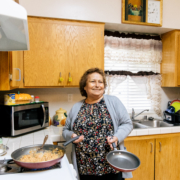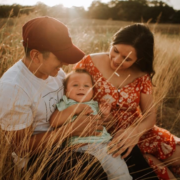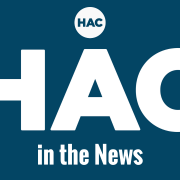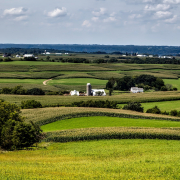Does your organization want to have housing programs that meet the needs of all people, regardless of age, ability, or life circumstance? Do you want to build and renovate affordable housing to make it accessible to a majority of people and allow people to age in place?
The Housing Assistance Council’s (HAC) Accessible and Universal Design workshop series is an opportunity to learn how your organization’s housing activities can address the accessibility, mobility, and design needs of every client. This series will provide 30 housing professionals with the foundation, skills, and real-world examples needed to design and reimagine housing programs to support the changing needs of clients at every stage of life.
Through the learning series, we will guide you on integrating accessible and universal design principles into your housing design and construction activities. By focusing on factors such as accessibility, mobility, and design flexibility, you will gain valuable insights on how to meet the diverse needs of your community members at all life stages.
Who should participate in HAC’s Accessible and Universal Design workshop series?
- Affordable housing professionals overseeing affordable single-family new construction and/or rehabilitation programs.
- Nonprofit construction team members that design and build affordable housing.
- Housing nonprofit CEOs and other leaders looking to implement universal design across their programs and services.
Benefits
As part of our commitment to empowering housing professionals with hands-on knowledge and skills, this workshop series is limited to 30 dedicated individuals who will:
- Gain an understanding of the principles of universal design
- Recognize the importance of incorporating accessible and universal design features in housing activities
- Acquire the tools needed to develop or refine housing programs that address accessibility and universal design, from intake to construction/rehabilitation
- Earn the Certified Aging in Place Specialist (CAPS) certification through the National Association of Home Builders
- Witness in-person demonstrations of both simple and complex solutions that show how accessible and universal design features can be both aesthetically pleasing and cost-effective
What’s more, as a participant, you’ll also be eligible to receive reimbursement for travel and training expenses (up to $1500 per training) to attend the two required in-person training events.
Timeline
- View approximately five hours of virtual workshop content in September and October 2023.
- Attend the entire Certified Aging in Place Specialist (CAPS) program at HAC’s National Rural Housing Conference on October 22 – 24, 2023 in Washington, DC.
- Attend an in-person peer learning training in early February 2024 (details forthcoming).
- Provide future feedback to HAC on how your organization incorporated accessible and universal design features into your housing programs.
Please note that it is essential for each deliverable to be fully completed before proceeding to the next one in the sequence; participant substitutions not permitted.
Requirements & Selection Criteria
To be eligible for participation in “Accessible and Universal Design,” you must be a located in or providing most services in a non-urbanized area or rural community, represent a 501(c)(3) nonprofit organization or local municipality and be eligible to participate in HUD’s Rural Capacity Building Program, and commit to attending the two in-person training events on October 22 – 24, 2023 in Washington DC and at a location to be determined in early February 2024,
The deadline for application submission is July 14, 2023, and the pilot will be limited to 30 successful applicants. The organization should allocate adequate time, resources, and personnel for the duration of the workshop series, showcasing a commitment to implementing accessible and universal design features in their housing programs.
Join us on this journey to creating inclusive communities through accessible and universal design principles and make a significant impact on the lives of individuals and families in need of affordable, accessible housing.

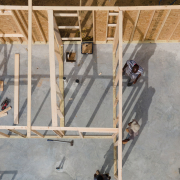 Rory Doyle
Rory Doyle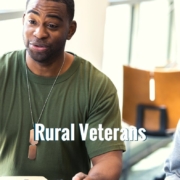
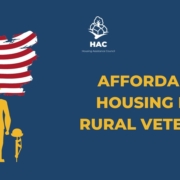 Housing Assistance Council
Housing Assistance Council